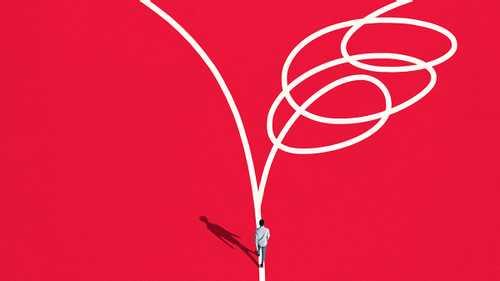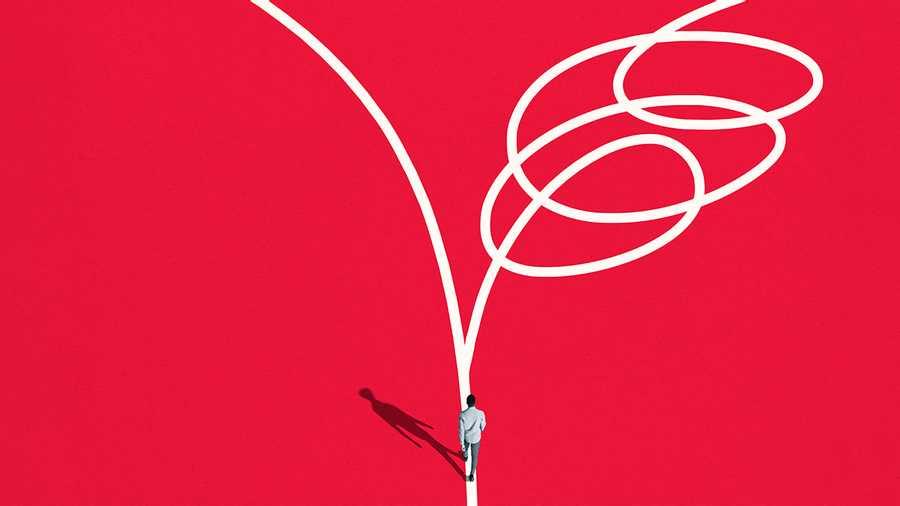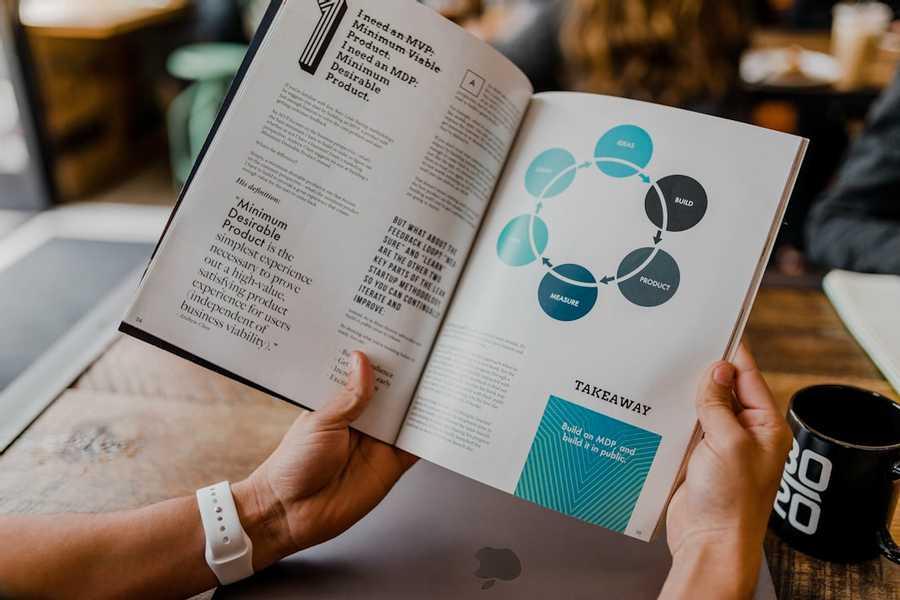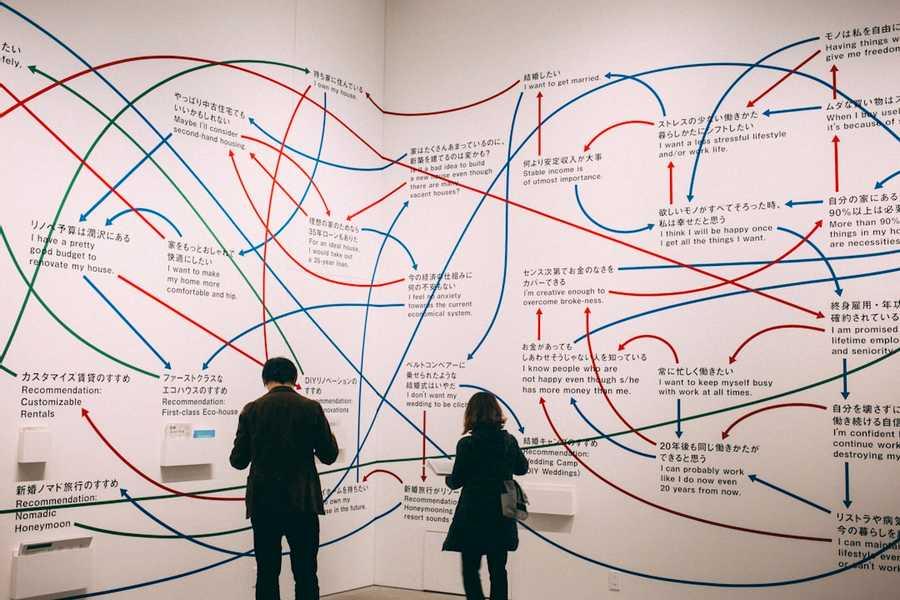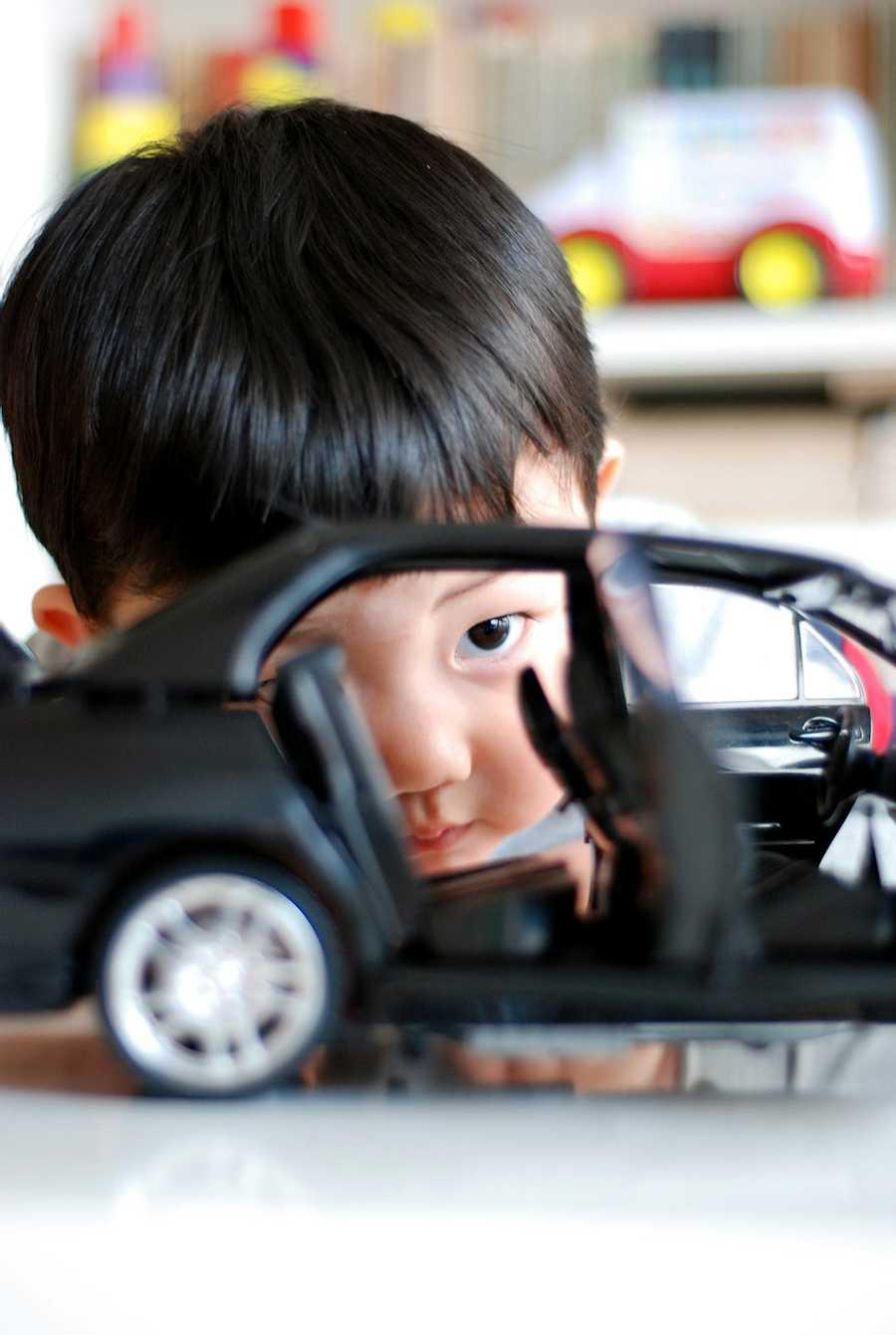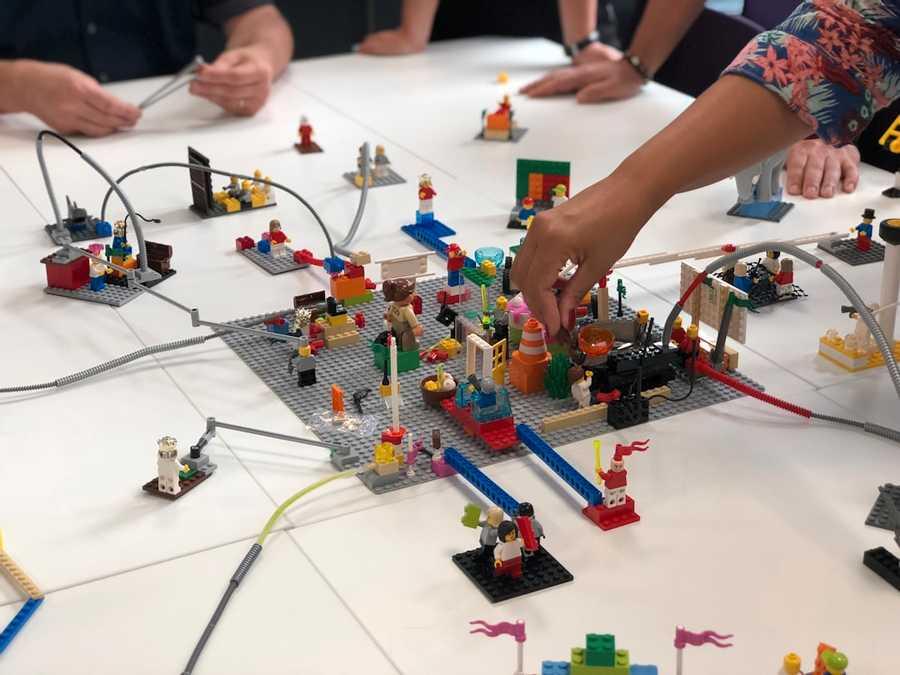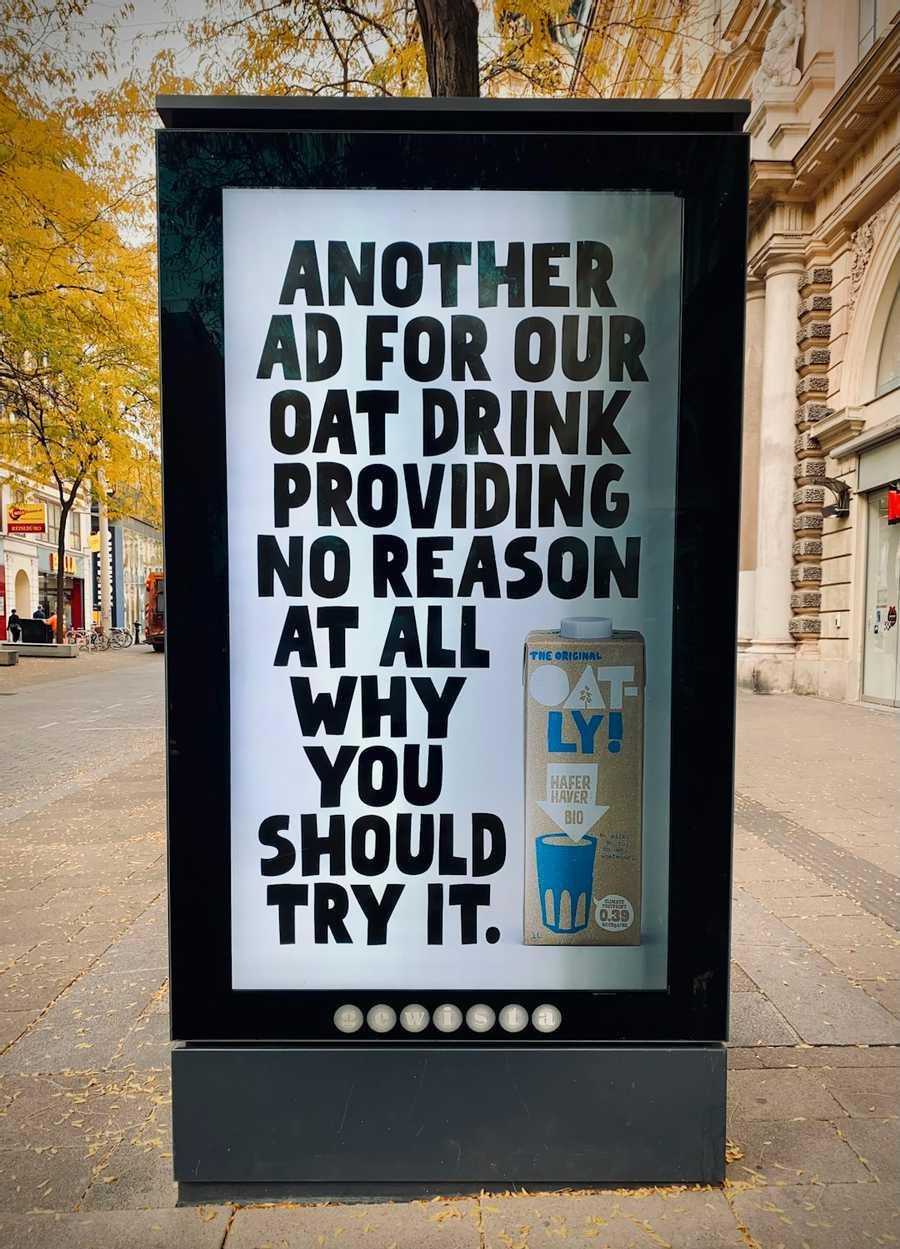Learn more about personaldevelopment with this collection
Identifying and eliminating unnecessary expenses
How to negotiate better deals
Understanding the importance of saving
1. I like to be efficient.
So many of us think efficiency means jumping right in and making a decision. But to be truly effective, we need to be clear on what we are solving for – a clear goal in mind.
For example, walking into a car dealership and buying the first car you see may feel efficient, but may mean you end up with the car the salesperson wants to get rid of, not the car that best fits your needs and budget.
30
165 reads
2. I’m too busy; I don’t have time to give to this decision.
Putting off a decision is a decision in and of itself. However, intentionally slowing down to get clear on what you’re solving for will speed up your efficacy, saving you from a wrong decision later.
For example, taking a little bit of time to research prices before visiting a car dealership will better help you negotiate the price of the vehicle.
25
52 reads
3. I just need to solve this problem at this moment.
This is the classic example of “losing the forest for the trees.” A narrow focus may solve the wrong problem, or only partially solve the problem. Don't give in to desperation.
If your car breaks down unexpectedly and you rush out to buy a new one, are you considering your needs beyond the present?
25
44 reads
4. This is my decision alone; I don’t need to involve others.
Our important decisions do involve the world and/or people around us. Avoiding this bigger picture of who else is affected by a decision can, at best, only partially solve the problem, and may exacerbate it.
For example, if your spouse or child can’t drive a stick-shift, do you really want to buy a manual transmission car that no one else in the family can't drive during an emergency?
23
38 reads
5. I know I’m right; I just want data or an opinion to confirm my own thinking.
Known as confirmation bias, this thinking flaw has been behind notorious failures from the subprime loan market implosion to the NASA Challenger explosion . In each case, disconfirming data was available and should have raised concerns, but groupthink set in, and no one acted on it.
For example, could you be looking to confirm your inclination rather than buy the best car for your needs?
24
26 reads
6. I trust my gut.
It’s great to rely on your instincts when picking a filter for your next Instagram selfie. But larger, high-stakes decisions benefit from prying open cognitive space to allow for new information and insight.
You may have set your mind on the Suburu Outback because you have fond memories of your family having one years ago, but some drivers find the driver’s seat uncomfortable. Skipping the test-drive may result in a car that doesn’t work for your long drives.
22
17 reads
7. Decision-making is linear.
In fact, good decision-making is circular; it needs a feedback loop as we gather information and analyze it and our thinking. At times, we need to revisit our decision as we gather new information.
When buying a car, for example, you might think that doing your research first and then going to a dealer and negotiating a price is enough. But there are many dealers, and they each have leeway to negotiate a price, so circling around and comparing offers may get you a better price.
24
21 reads
8. I can pull my ideas together well in my head.
Large decisions are made up of multiple smaller decisions. When we try to keep all of those moving parts in our mind, we end up relying on a faulty memory and a distracted mind. Keeping a record is an important part of thinking and analysis; both Albert Einstein and Leonardo da Vinci kept notebooks.
For example, write down the different features and long-term benefits you are looking for in a new car. Writing down will ensure that you connect the information to make a wise decision.
23
20 reads
9. I have all the information I need.
While we may want to forge ahead, we can improve our decisions — and our satisfaction — by investing in a little bit of research and confronting assumptions with evidence. Looking into expert insights, industry reports, and research, can help you make an educated decision that’s also right for you.
Your best friend might love her car, but that doesn’t mean it’s the car for you, particularly if it won’t fit your daughter’s hockey equipment.
22
12 reads
10. I can make a rational decision.
Psychologists far and wide, such as Amos Tversky and Daniel Kahneman, have demonstrated that as much as we’d like to believe it, none of us are rational. We all operate through a dirty windshield of bias based on past experiences and feelings. A Feeling Brain that often drives our decision-making car.
You might think you won’t get taken in by a car dealer, but they are professional salespeople who know how to evoke an emotional response.
24
15 reads
11. There’s just one way to do this.
We’ve been conditioned out of listening to other voices, siloed in our information, environment, and social (media) circles. But getting outside your routines and patterns leads you to seeing things from unexplored perspectives and in a new light.
You may always have gone into the dealership to buy cars, but more and more, people are negotiating car purchases online and through texting and email.
22
24 reads
CURATED BY
Digital marketing at dentsu. Invested in the symbiosis of marketing, psychology, and design. Photographer at heart.
More like this
Read & Learn
20x Faster
without
deepstash
with
deepstash
with
deepstash
Access to 200,000+ ideas
—
Access to the mobile app
—
Unlimited idea saving & library
—
—
Unlimited history
—
—
Unlimited listening to ideas
—
—
Downloading & offline access
—
—
Personalized recommendations
—
—
Supercharge your mind with one idea per day
Enter your email and spend 1 minute every day to learn something new.
I agree to receive email updates
